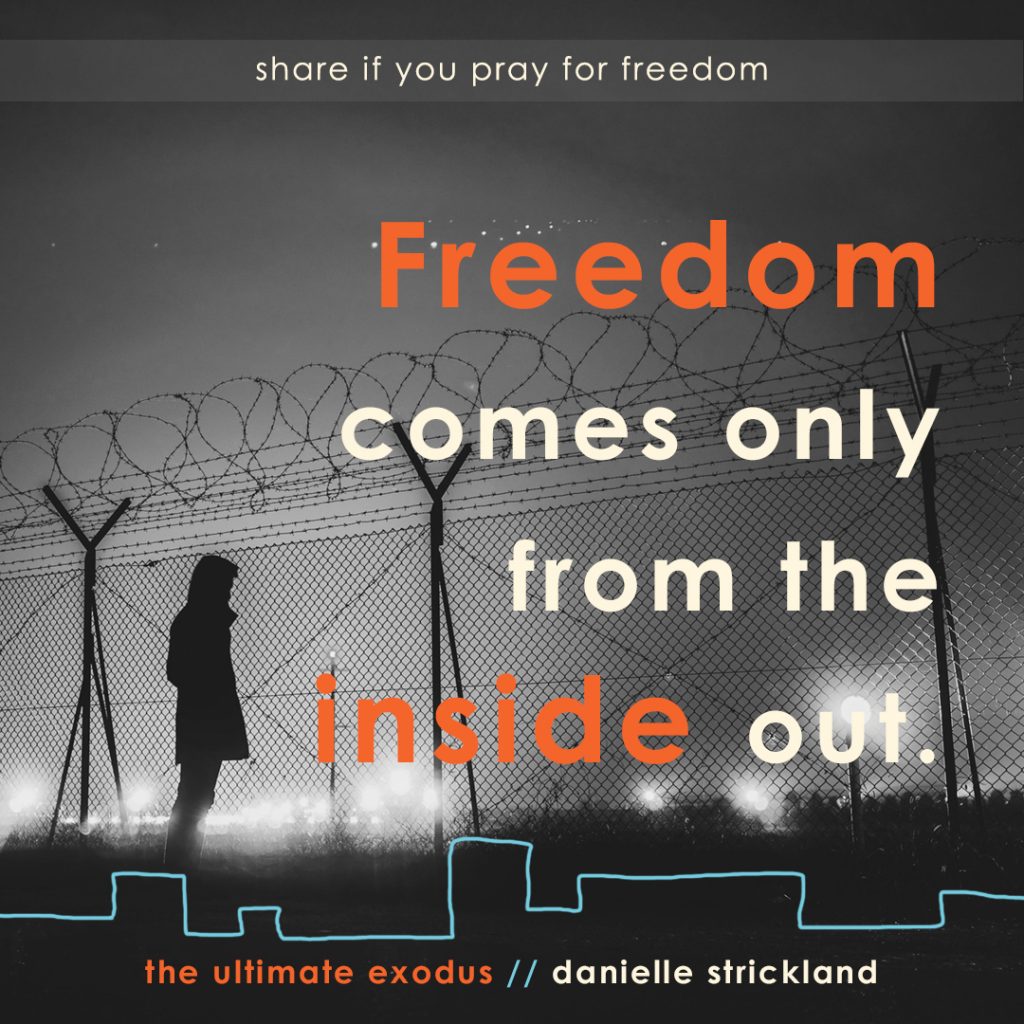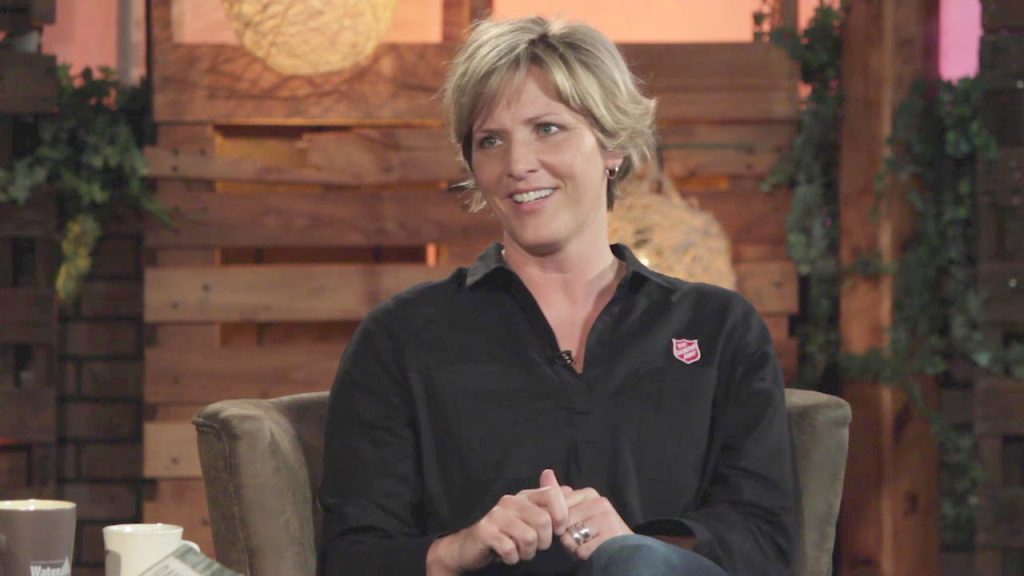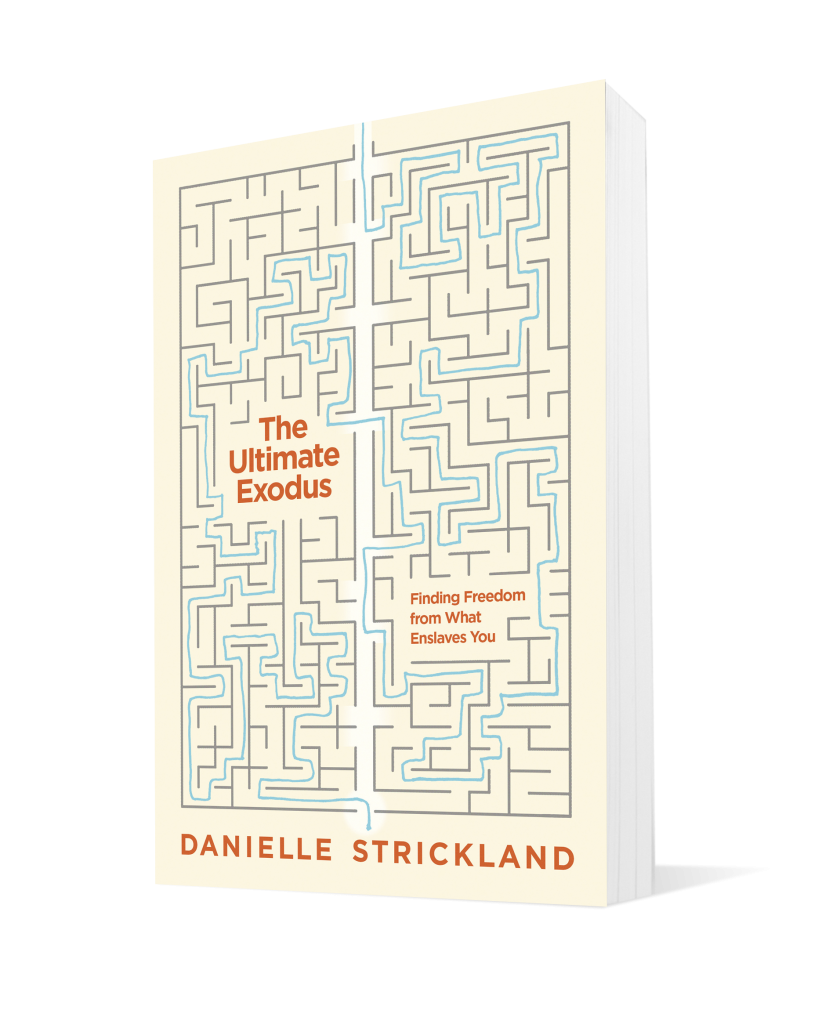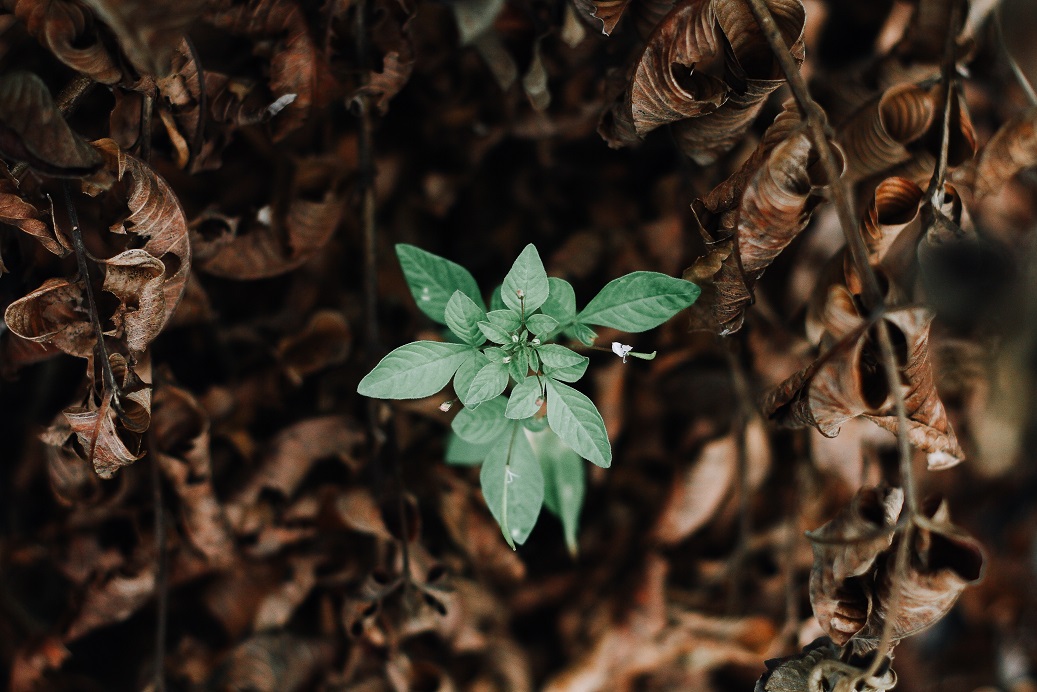There are very helpful phrases to describe the kind of behavior that keeps us from experiencing freedom—or for settling for external freedom while still experiencing slavery on the inside. We find ourselves, like Moses and Pharaoh at different points in their lives, “on our knees,” at the perfect spot: “the end of ourselves.”
The end of ourselves is where the real freedom begins, from the inside out. We may get there, as a friend of mine always puts it, by way of “repentance now, or judgment later.” But however we get there, it’s a good place to be.
Finding the end of ourselves can take a lifetime. I guess it depends on your capacity for pain. But in case this sounds a bit too good to be true, let’s consider together three things that stop freedom from coming.
1) The Geographical Cure
The geographical cure is famous as a means of escape. And escape is what people think they need to be free. Most of us, apart from folks who are trapped in external conditions of slavery, are not “kept” in our enslavements. They control us only insofar as we allow them to control us. Still, we think our external circumstances are the primary cause of our internal enslavements. The lie of the geographical cure is that if you only move to a different place, you will find a different, better reality. People do this all the time, in my experience. They keep moving to different places, thinking that will change their internal reality. If you are caught in old patterns, you should simply move to a new town, country, job, school, church; then everything will be different, right? Wrong.
The geographical cure never addresses the core problem: You can’t run away from yourself.
G.K. Chesterton once wrote a response in a newspaper to a writer who asked, “What’s wrong with the world?’ His answer was, “I am.” The trouble with the world is you. Until you stop running away from yourself, you can’t get free. We see this with Moses, on the run from his past, his circumstances, his failures; we see him confronted by God in the desert many years later. Finally, Moses has to come to reconcile himself to himself. He cannot run away from his own life. He has to own it. And then, after the confrontation with God, Moses starts running to something instead of running away from things. He starts to head out with a purpose, with deep intention.

Are you running to something? Or are you running away? If you are tempted to believe that geography is your deepest problem, you are believing a lie. Our journey isn’t defined by our geography. It’s defined by us.
2) The Relationship Remedy
I can’t tell you how much the relationship remedy gets in the way of real freedom. The lie goes like this: If it’s not where you live, it must be who you live with. If you only had a different spouse, or different friends, or different church, or fill in the different blank ad nauseam. This cycle of thinking will never end.
This particular lie puts the emphasis on the external relationships you are in. It places the blame on other people. Believing that it’s the people around you making you miserable allows you to let yourself off the hook yet one more time. Your misery must be the result of your relationships. It’s someone else’s job to make you free.
Now, it’s important to remember that we do need other people, and are bound to each other by love, and sometimes even by covenant. But other people cannot do the work of getting us free. We have to do that.
No matter who I talk to, it seems as though most Christians have difficulty with boundaries. We think we can change people, and we think people can change us. With good, godly boundaries, we start to realize that our choices, decisions, and intentions are ours to own and to work on. Part of that work is to ask people for help, to ask people to journey with us. But we have to stop the blame game that keeps us trapped in thinking other people got us in this situation and other people can get us out. We need help to get to the point where we admit that it was us, not the people around us, who made the decisions that led to our own enslavement.
Recently a beautiful woman I know found herself alone, stuck (again) in a major drug addiction. Her son was removed from her care by the authorities for her own safety. Her bank account was empty. Fraud charges threatened her with jail time. She was at the end. Her entire family wanted to blame “the guy”—who, to be sure, is a piece of work. A known drug dealer, a terrible influence, a manipulator, I could go on. Without him around, she actually does really well. So, it would seem like blaming the guy is the right thing to do. Just kick the guy out and deal with her drug use, and all will be well. Right?
No. Of course not. As tempting as it is to blame the guy, here’s a truth I’ve come to understand very deeply: There will always be another guy. This beautiful young woman could spend the rest of her life cleaning up after the latest guy who messed her up. The real slavery in her is not a particular guy; it’s not even just drugs. It’s the idea that a guy can fill her life with meaning and purpose. It’s that someone else can complete her. This lie is enough to keep on messing with her life until there is nothing left.
The guy is never the answer. Never. Finding freedom for your life is a journey you take with your God and yourself. That journey is deep and hard, but inevitable for the kind of freedom that sets you free.
Who are you blaming for your lack of freedom? Whose fault is it? What can you begin to do right now to take responsibility for your own walk? That kind of truth will set you free.
3) The Pool of Self-Pity
Poor you. No one has ever had it as bad as you have. No one can even understand the pain of your reality—your memories, the childhood trauma, the abuse, the depth of your own misery, your addiction, your rejection. It goes on and on and on. This litany is difficult to listen to when you’ve started to recognize the melody of it: It’s a loaded lie. It kind of sounds like you are being humble, but really you are narcissistically amazed at your own inability. It’s like pride inverted. And it really stinks.
I remember meeting a friend at a small group at my church. She had survived the Rwandan genocide. She was scared from it, but she had such an incredible freedom story. My friend had witnessed her neighbor chopping her family to death and had fled with her younger brother to the forest to hide with around forty other kids. Some guy who said he was Jesus showed up in the jungle and gave them all food. It kept them alive.
After about forty days and nights in that jungle, the killing stopped and the kids went home. What they saw haunts them still. Dead bodies everywhere. I can’t imagine something so terrible. Then she told me about how she was part of rebuilding her neighborhood. She worked with teams of people to bury the dead, to wash the streets, to clean her house, to go to church.
I stopped her. “Go to church?”
“Of course,” she said. “We needed God more than ever before. Where else would we go?”
Good point. She said she chose to forgive because she understood that she had been forgiven. And that Jesus told her that to be free meant to forgive. So she forgave. She forgave her neighbors who had massacred her family.

I was speechless. See, I had worked for a long time with a people group who had been systemically abused and neglected in Canada. My church was full of First Nations people, and their stories were horror after horror of abuse and neglect. They were filled with pain. Many of them chose to just numb the pain and sit in a pool of self-pity. And part of me wanted to affirm their choice. But after I met my friend from Rwanda, I decided to ask her to share her story with us. She spoke at our little church gathering, and even though she is the quietest, softest-spoken person I have ever met, she held everyone’s complete attention. Not one eye could look away. Everyone just sat and listened to a story that was worse than their own. And then they heard her instructions for freedom: Forgive. My friend had found a new way where it looked like there wasn’t a way—an exodus out of generational bitterness and violence and pain. You could hear people swallowing the words and the reality dropping into their hearts: There was a possibility of choosing forgiveness over self-pity. It was a crazy Sunday.
That’s the journey the Israelites were on. Not just a way out, but a new way to live, a way that works its way back to the original intentions God had for the world.
We must each choose to live a new way in our everyday decisions. That includes deciding to deal with our past, fully and finally. But it also involves a corporate work. As each person in Rwanda deals with the pain and suffering of their lives and chooses to live a different way, rejecting revenge or fear or bitterness, the whole country begins to change. The people together are able to rise up in a new way. This discovery that there is a way out of our pain, brokenness, cycles, and systems is some seriously good news!
Still, each of us has our own pain to process. Our own memories, childhood traumas, difficulties, things we’ve done and things done to us. And they are hard, emotionally charged, horrible things that have to be dealt with. Pain is pain. But everyone has to deal. No one gets to sit in the pool of self-pity and expect to be free.
There are a few indicators to determine whether you’re sitting in the pool of self-pity. Do you feel guilty? Stuck? Are you excusing your symptoms of slavery (addiction, eating, self-soothing, self-loathing)? Are you experiencing apathy and indifference and despair? If the answers to those questions are yes then you are not moving toward freedom, you are moving away from it.
You’ve got to move out of this cesspool of narcissism disguised as a friend. You’ve got to get out of it in order to come to the reality: You get to choose what you are going to do about what has happened in your own life.

That’s what the Exodus story screams. God gives the Israelites choices. Up until he started speaking to Moses and then to the entire people they felt completely stuck. As do we. But when God gets involved, he activates our impulse toward freedom. He offers us choices. Those are the sacred parts of the Exodus story. God does his part, we do ours. The partnership leads us to a new way to live.
My friend from Rwanda chose to be free. I think she made the bravest and most difficult choice of all, but she’ll tell you herself with a big smile on her face that it was worth it.
The ultimate posture that prepares us for freedom is humility, quite simply coming to the end of ourselves. It’s knowing our limits, recognizing that we are human beings in need of saving. It’s a fundamental honesty with ourselves. But until we get that honest, we get nowhere.
We can see humility in Moses’ personal journey, in the Israelites’ desert experience. In Pharaoh we don’t see humility; we see pride, and we see that pride yield humiliation. Humility and humiliation are different things. Humility is a choice we make to come into agreement with God about who we are. Humiliation is a consequence; when we live without humility, then our actions often result in humiliation. Moses confronted Pharaoh, not with an army or a new weapon of mass destruction. He confronted him with a shepherd’s staff. With himself. That is the power of humility: We finally come to the end of ourselves, and God starts something new.
Finding Freedom
Which of the three traps are you most susceptible to? What or who can help you break out of these traps?
Keep reading The Ultimate Exodus by Danielle Strickland. The Ultimate Exodus opens our eyes to the things that enslave us, and it sets us on the path of our own exodus. Read, listen, or watch Danielle share about freedom on her website- daniellestrickland.com.

